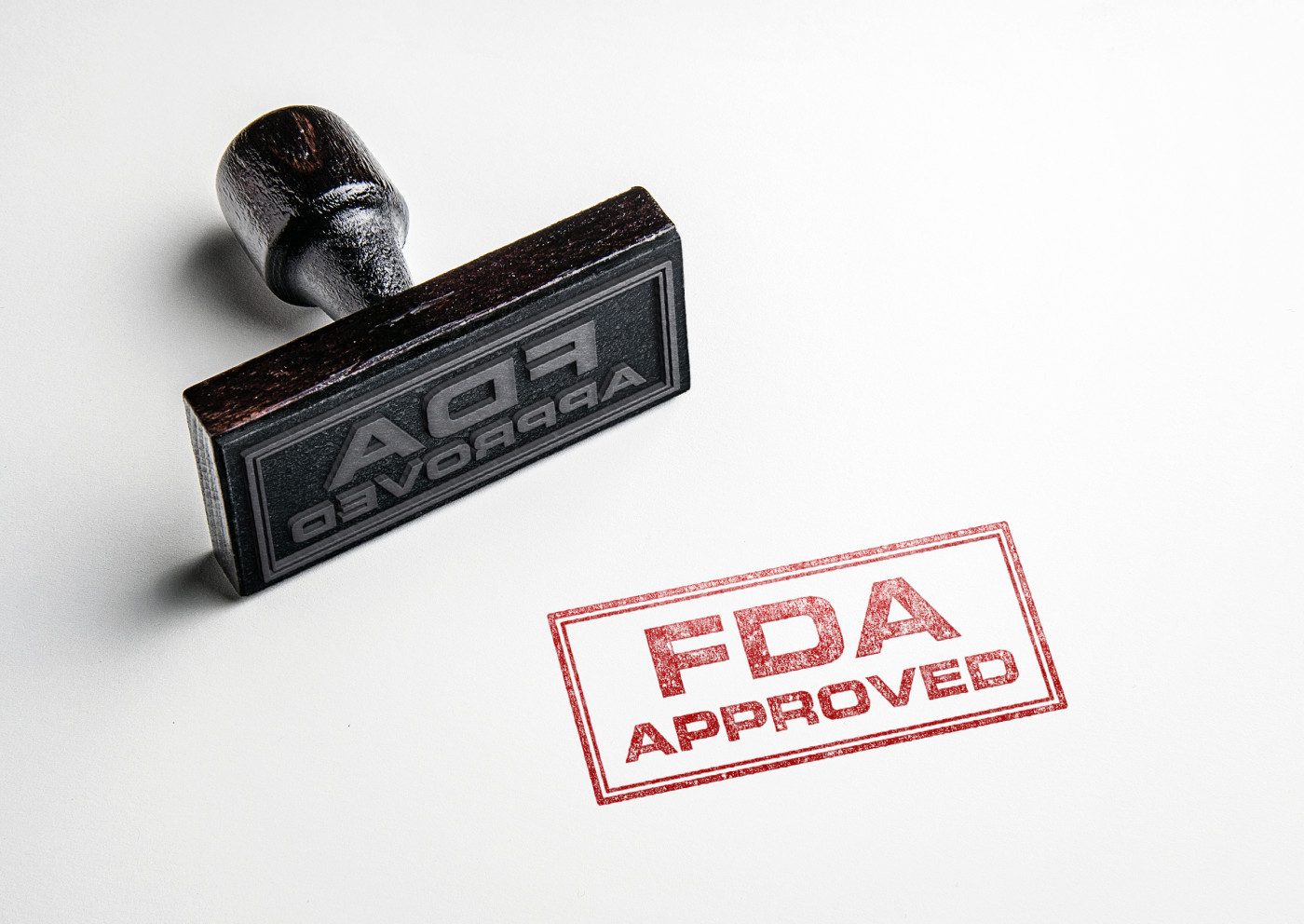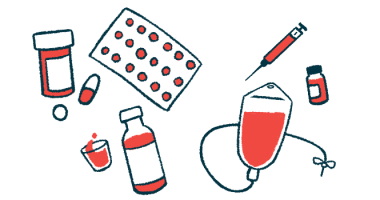New Production Facility for Ruconest, Pharming’s Acute HAE Treatment, Gets FDA Nod

The U.S. Food and Drug Administration (FDA) has approved a new production facility for Ruconest (conestat alfa), Pharming’s lead therapy for acute attacks in hereditary angioedema (HAE).
The Netherlands-based facility also has been approved by the European Medicines Agency (EMA). That means that all product manufactured at the facility can be distributed both in the U.S. and in the European Union.
“We are pleased to announce this approval by the FDA of our new facility, which will enable us to meet increasing demand for Ruconest in the treatment of hereditary angioedema for patients in the USA as well as for those in the EU,” Sijmen de Vries, CEO of Pharming, said in a press release.
“Following on from the EMA approval announced earlier this year in January, this gives us sufficient capacity for current demands as we continue to build for the future,” de Vries added.
The new facility, expected to become fully operational in 2021, alleviates a potential pressure identified in the market for supplies of Ruconest. Pharming was seeking to increase the therapy’s production capacity to meet its high demand in Europe, the company said in a previous press release.
Ruconest is a recombinant (made in the lab) human C1-INH (rhC1-INH) that works by replacing the C1-inhibitor (C1-INH) protein, which is missing or functioning abnormally in HAE patients.
The lack of C1-INH protein perpetuates the production of an enzyme called kallikrein, which leads to increased levels of bradykinin, a small protein that regulates blood pressure and inflammation by dilating blood vessels. Increased levels of this protein are linked to the bouts of swelling that characterize HAE attacks.
In the U.S., Europe, and Israel, Ruconest is approved for the acute treatment of swelling attacks in adults and adolescents with HAE. It also is approved in many other countries, but only for adults.
In a previous Phase 2 trial (NCT01359969), researchers evaluated the safety and efficacy of Ruconest in young children — up to the age of 14 — who were experiencing an acute angioedema attack.
The results showed that a single dose of Ruconest was sufficient to stop 96% of the attacks, providing symptom relief after a median of one hour. Within a median of two hours, symptoms were minimal.
The treatment was found to be generally safe and well-tolerated. No serious adverse events were reported, and none of the children discontinued treatment due to side effects.
A recent study from Hungary, evaluating Ruconest in clinical practice, confirmed its safety and efficacy as an on-demand therapy, and also found evidence that it can be effective as a short-term prophylaxis, or preventative treatment, to impede HAE attacks.
Ruconest was given before medical procedures or other conditions known to trigger HAE attacks —such as stress, travel, weather changes, dental procedures and endoscopy — or after the appearance of precursor symptoms of an attack.
In 93 of a total of 97 instances, Ruconest successfully prevented angioedema attacks. In three of the four cases where it failed, a recommended dose was not used or treatment was administered late.
The FDA previously had accepted for review an application by Pharming to get Ruconest approved for the routine prevention of swelling attacks caused by HAE. However, the agency rejected the label expansion, claiming that an additional clinical trial is needed to confirm the treatment’s benefits.







